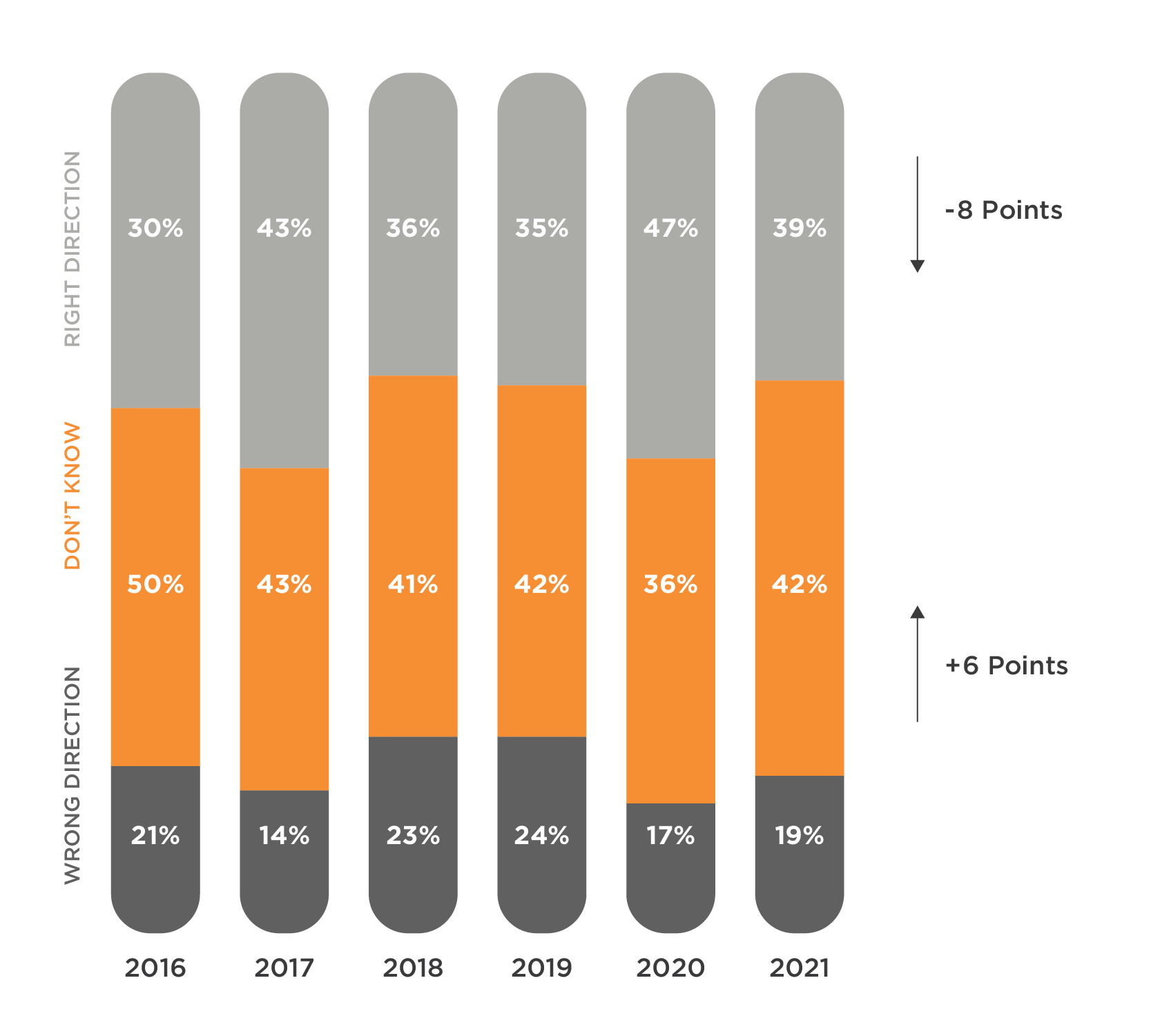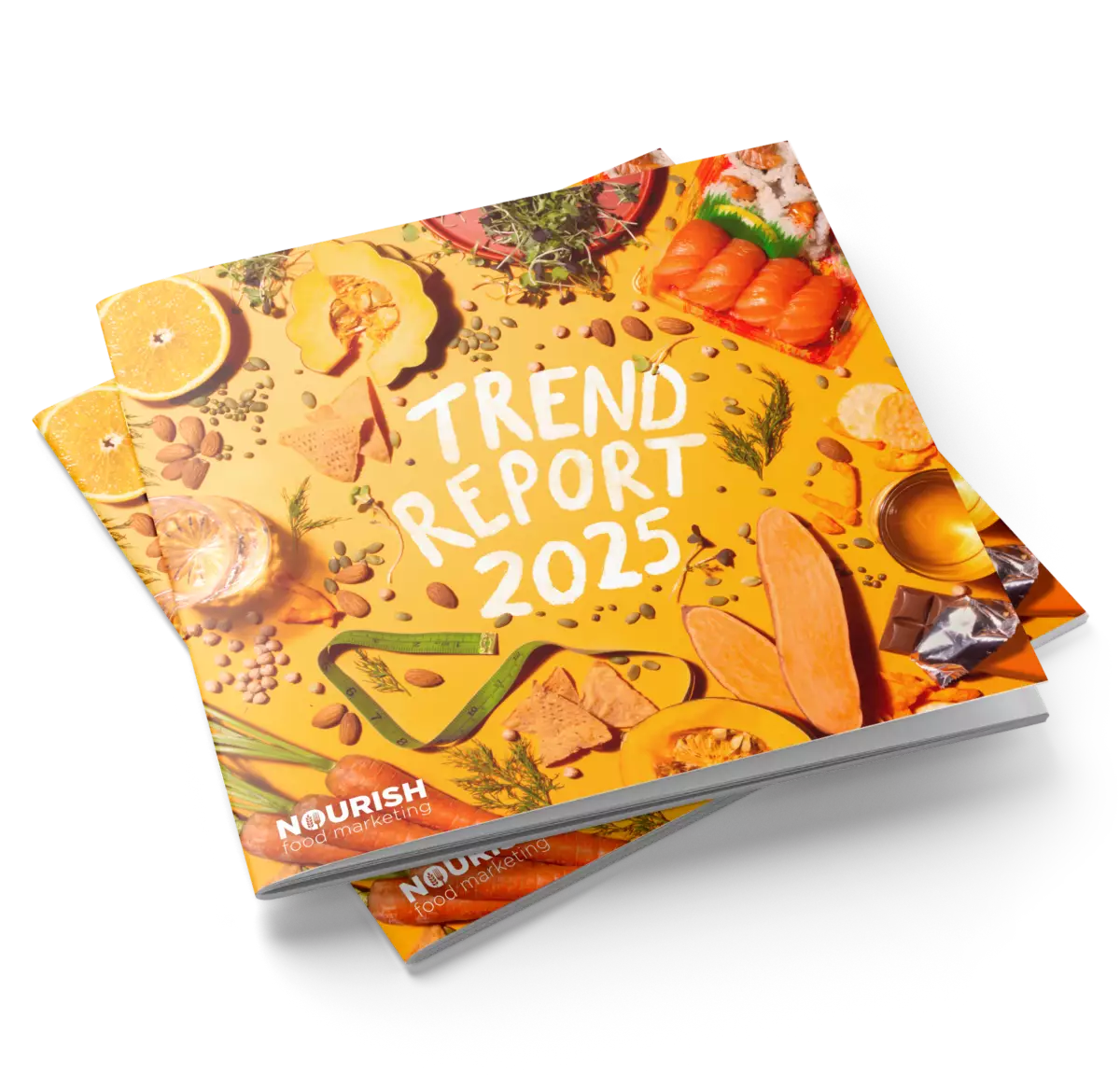Over the past twenty years or so, Canadian consumers have shown an increasing interest in the food they eat: where it comes from, how it’s grown or raised, who grew it, what practices they used, the environmental impacts of food production, nutritional composition, health benefits and more. We have covered this topic in previous Nourish Network Trend Reports, and something we continue to monitor.
This focus on the food chain has only intensified throughout the pandemic, initially sparked by short-term supply shortages and most recently due to rapidly rising price inflation in both the agriculture and food sectors.
So how do consumers view the Canadian agri-food sector today, and what are their expectations of stakeholders along the supply chain? In short, do they trust their food and the people who produce it? Two recent reports shed some light on this important topic.
Consumers are thinking more like farmers — frugal and embracing new technologies
Both Grassroots Public Affairs (Grassroots) and the Canadian Centre for Food Integrity (CCFI) have released studies that outline consumer mindsets about the Canadian food system today, almost two and a half years into the COVID pandemic.
Overall, Canadian consumers are showing less concern over time around modern farming techniques and technologies. These include things like pesticide use, food produced from genetically modified organisms or GMOs, and antibiotic use in livestock production. Furthermore, the perception that organic food is healthier also seems to be waning.
The CCFI research pinpoints the rising cost of food as the single biggest issue of concern in 2021 compared to 2020, climbing from 56% to 61%. Most other issues remained constant year over year. And for the first time ever, sustainability and environmental concerns made the top five list of key issues.
Of concern, the CCFI study identifies the number of Canadians who feel the food system is ‘headed in the right direction’ declined significantly, dropping eight percentage points year over year. The bulk of this decline shifted to Canadians who don’t know or couldn’t say whether we are headed in the right direction (6% increase), with only 2% indicating they feel the system is headed in the wrong direction.

The Grassroots study, released in April 2022 (approximately six months after the CCFI study), clearly identified consumers’ concerns around the rising cost of food. According to the study, over seven in ten Canadians have opted for lower-cost food items, a 33% increase since 2020. And almost half of Canadians have purchased less food than usual, a 25% increase from 2020.
Trust levels are on the rise — trust in Canadian farmers and Canadian food
Similar to the CCFI study, Grassroots found that 57% of Canadians believe farmers take animal rights more seriously today than in the past. And 25% of Canadians believe today’s agricultural practices are less harmful to the environment. There’s still work to be done in this arena, though: 23% believe these practices are actually more harmful.
Significantly — and this should make those of us close to the ag sector quite hopeful — according to Grassroots, 48% of Canadians placed agriculture in their top three industries with regard to the ability to drive the Canadian economy post-pandemic.
While overall trust in the food system has declined slightly over time, the CCFI study indicates that a majority of Canadians indicate they trust food produced in Canada more so than food produced outside the country.
Finally, it’s worth flagging a finding from the 2020 CCFI study: Canadians had the most confidence in farmers when asked to rate their level of trust in various food system stakeholders on several topics. This includes overall trust level, providing information about food, and food safety.
For farmers, other ag industry stakeholders, and those of us in the communications business, it’s imperative that we continue to be strong and truthful advocates for Canada’s agri-food system. Consumers are interested and engaged, and they continue to trust us. And in today’s fragmented media and social environment, that’s not nothing!
